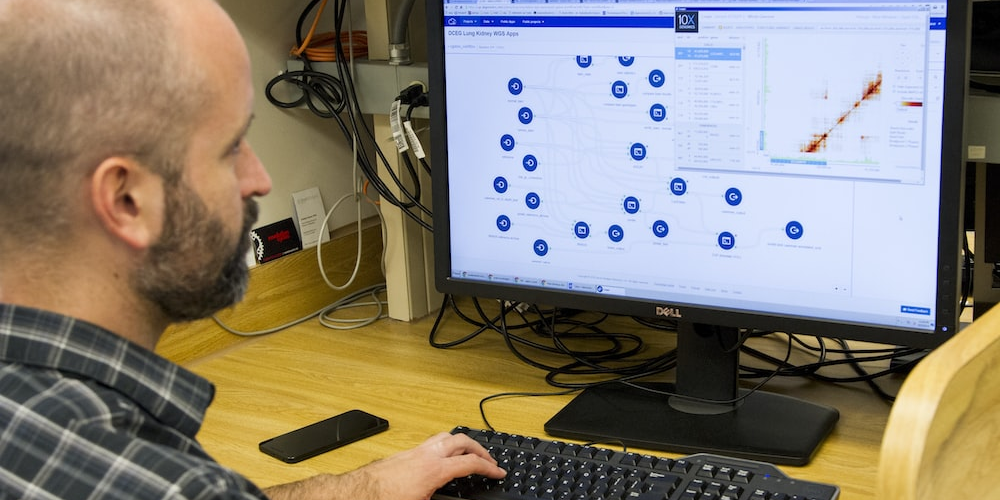In clinical trials, accurate and high-quality data is essential for success. To ensure your research’s credibility, you need effective mechanisms that preserve trial integrity. Source data verification is key alongside accuracy, ensuring data contributes meaningfully.
Electronic data capture (EDC) systems have revolutionized data quality in modern medical research. This blog guides navigating data validation and source verification in clinical trials.
Ensuring Data Quality: Clinical Data Validation and Source Verification
Data validation is a crucial set of processes that uphold the quality and integrity of clinical data. In parallel, source data verification is employed by CROs to guarantee the accuracy of collected data. This involves thoroughly comparing a study’s source data with the final report provided by clinicians.
Source data encompasses the raw information amassed during clinical trials and medical studies. This includes various elements:
- Study documents, protocols, and procedures.
- Investigator brochures and related materials.
- Participant documents like eCRFs, ePROs, and questionnaires.

Typically, the data validation and source data verification process is conducted before the study begins, although it can be executed at any point during the clinical trial.
The Significance of Data Validation and Verification in Clinical Trials
In a clinical setting, the accuracy and authenticity of your data are paramount. They determine the credibility of your research and the resulting outcomes, especially as clinical trials play a vital role in global medical advancements. Inaccurate data could compromise patient health and impact populations at large.
Equally important is source data verification (SDV), which upholds the quality of your clinical trial data. By scrutinizing source documents, you can identify errors and inconsistencies that might remain hidden until your trial’s conclusion. Here are some of the benefits of SDV:
- Reliability: Verifying source documents offers researchers a comprehensive view of how each data point was collected and recorded, ensuring data reliability.
- Accuracy: Examining original documents helps uncover discrepancies and errors that might be missed without the aid of an EDC system.
- Consistency: Especially when data is collected across multiple sites and regions, an EDC system ensures proper matching and consistency.
Regulations also mandate data validation, prompting research institutions to invest heavily in validation techniques for compliance. EDC systems designed for clinical trials play a pivotal role in ensuring data validity and integrity. However, collaborating with a reliable tech provider is key to implementing a robust EDC within your clinical trial.
Get Started with ClinicalPURSUIT
If you’re looking for a reliable EDC systems provider, check out ClinicalPURSUIT. We are known for providing quality systems that ensure the quality of your data. Our EDC systems offer the following features:
- Rapid study development
- Intelligent data capture
- Streamlined data management
- Clinical Randomization technology
- Remote site monitoring
Contact us to schedule a free demo today and learn more about our clinical data management solution.







